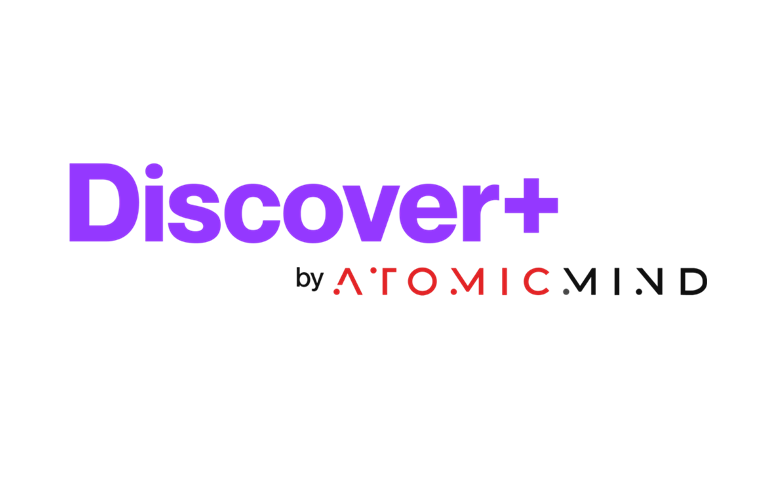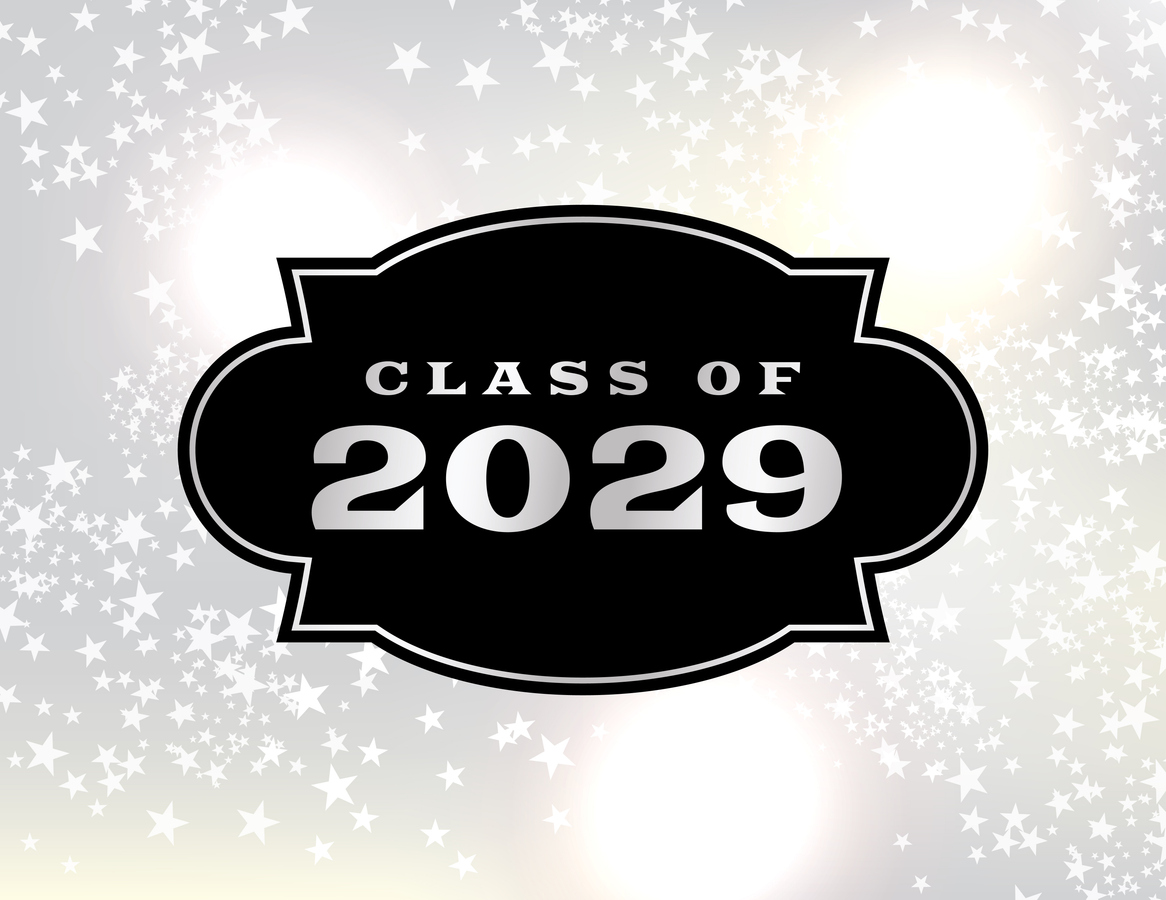
How High School Juniors Can Maximize the Start of the School Year
By
Alexa Vaghenas
September 17, 2025
•
3
min read
Share this Article
Simply highlight text to share on social or email
Junior year is often considered the most pivotal year in high school: for college admissions and for your personal growth. Grades matter most now, your upcoming summer plans take shape, and the pressure to do it all can feel overwhelming. But with a smart start, strong habits, and intentional planning, you can own this year without falling apart.
Here’s our exclusive AtomicMind 10-part fall action plan to help juniors start the school year strong and set up a smoother path to college acceptance.
1. Set Your Academic Strategy: Junior Year Grades Still Matter Most
Admissions officers give your junior year grades extra weight since this is the last full-year transcript they’ll see before making their decision on your candidacy. That means now is the time to lock in consistency and academic maturity.
September Goals:
- Identify your most demanding courses for extra planning (e.g., APs, IB, honors).
- Create a system (digital calendar or planner) to track assignment due dates, chapter coverage, and test dates.
- Use office hours, study groups, or tutoring early if you’re falling behind, not just before the final exam grind.
Set yourself up now. A calm, disciplined approach in September means room to breathe when midterms hit. And colleges notice that level of accountability.
2. Deepen Extracurricular Impact: From Participation to Leadership
Brand-new clubs may not define your future, but sustained, leadership-oriented involvement just might.
Boost Your Activities Section:
- Prioritize depth over breadth: Leading a club you’ve been in for two years carries more weight than a dozen one-off’s.
- Define the impact: Did you launch a project, lead a peer-mentoring group, or create meaningful change?
- Capture outcomes: Record trophies, published articles, number of students helped, budgets managed; anything that quantifies your influence (this will be important for your activities list and college essays when you go to write your applications).
Start an Activities Log (Now):
Don’t wait until fall of senior year to try and remember everything you’ve done. Create a simple spreadsheet or doc now, and update it regularly with:
- Activity name and your role
- Time commitment (hrs/week and weeks/year)
- Key accomplishments or leadership milestones
Admissions officers often scan activities lists quickly, looking for initiative, influence, and time commitment. The more clearly and concisely you can show what you’ve done, the more persuasive your application becomes.
3. Build a Thoughtful Testing Timeline for SAT/ACT
With college applications on the horizon, many juniors are still figuring out standardized testing. Use September to map your testing strategy.
Your Fall Checklist:
- Take a diagnostic SAT and ACT to identify your stronger test.
- Set a test date (October or November) if you’re aiming to use scores for early applications.
- Factor in AP and IB testing this spring to avoid burnout.
- Understand test-optional policies for your target schools. You might not need scores, but strong ones can still help.
A planned, calm testing season beats a rushed scramble. Take the time to prepare thoughtfully now and report strategically.
4. Start Exploring Your Academic Interests Outside the Classroom
College admissions officers love students who take initiative in their intellectual lives, not just by getting good grades, but by pursuing knowledge independently. Junior year is the time to start connecting your curiosity to action.
Here’s how:
- Read beyond the syllabus: Pick a topic from class that intrigued you and go deeper. Read a book, subscribe to a podcast, or explore academic YouTube channels like CrashCourse, Veritasium, or Big Think.
- Attend free online lectures: Many universities (like Harvard, Stanford, and Yale) post seminars or public talks online. MIT’s OpenCourseWare even offers full course materials.
- Join competitions or enrichment programs: Academic contests (like the AMC, Science Olympiad, or Scholastic Writing Awards) and pre-college programs show initiative and passion.
When it comes time to write your college essays or fill out your activities list, these kinds of self-motivated explorations stand out. They also help you refine your academic goals and identify specific programs, majors, or research opportunities to highlight in your “Why This College?” essays later on.
5. Form Real Connections With Counselors and Teachers
Letters of recommendation matter, but they’re easier if teachers and counselors already know who you are. Junior year is your opportunity to build meaningful relationships.
Relationship-Building Tips:
- Attend college-related planning or college-readiness sessions with your counselor.
- Engage in class discussions, ask thoughtful questions, and attend office hours.
- Volunteer, assist, or stay involved in teacher-led extracurriculars, especially with teachers whose recommendations you’d value.
A teacher who knows your curiosity and character is far more likely to write a compelling letter than one you ask at the last minute.
6. Explore Colleges Early—from Virtual to In-Person Visits
There’s no harm in starting your college research now, even from your desk.
Early Exposure Steps:
- Sign up for info sessions or book virtual tours.
- Create college profiles in tools like Naviance, CollegeBoard, or your planner.
- Attend regional college fairs or rep visits to high schools.
Gathering insights early doesn’t lock you in. It builds clarity and excitement and allows for more intentional choices later.
7. Reflect on Your Identity, Strengths & Values
Junior year is ideal for deeper self-reflection. Who are you becoming?
Reflection Prompts:
- What inspires you intellectually or creatively?
- When have you felt most engaged, excited, or alive?
- Who do you aspire to be, and how do your actions align with that vision?
These reflections guide career aspirations, summer plans, and the stories you choose to tell in your essays.
8. Why Juniors Should Wait to Start Their College Essays
While reflection in your junior year is productive, starting your personal statement too early can backfire. Many prompts change year to year, and more importantly, you’re still growing. Junior year is full of formative experiences that can dramatically shape your story.
Here’s our advice:
- Don’t write your college essay during junior year.
- Do jot down stories or moments that feel important as they happen.
- Save those reflections for the summer before senior year. That’s when you’ll have the perspective, maturity, and insight to write a truly personal, meaningful essay.
Remember: your college essay should reflect who you are at the end of high school, not the middle. Let yourself live more of the story before you try to tell it.
9. Plan a Purposeful Junior Summer NOW
College admissions don’t expect you to know your future path yet, but they do look for structure and initiative.
Summer Planning Tips:
- Research internships, research programs, local volunteering, or academic summer institutes (e.g., MITES, RSI, Brown University Pre-College).
- Prepare required materials: many summer programs have essays and recommendations due by January or February.
- Consider both academic enrichment and authentic interest-based exploration. Sometimes your own project (like building an app or starting a podcast) can speak louder.
Map your summer plan now to give yourself options and the confidence to execute.
10. Balance Academics with Wellbeing
Junior year is intense, but maintaining mental health and balance is essential to long-term success.
Keep Balance With:
- Enough sleep, movement, and healthy routines
- Social connection, journaling, or creative hobbies to recharge
- Boundaries around device time, especially at night
Strong college applications reflect resilience and that’s easier when you’re supported physically, mentally, and emotionally.
Final Thoughts: How to Own Your Junior Fall
Senior year may be when applications roll in, but junior fall is your preparation launchpad. From grades to leadership, from essays to summer plans, strategic steps now set the stage for success without burnout.
Need Help Building Your Junior-Year Action Plan?
At AtomicMind, we guide high school juniors to clarity, confidence, and long-term strategy. Whether you need help charting your testing schedule, planning for next summer, or building focus and balance, our expert mentors are here to help. Let’s make this year the launchpad…not the obstacle!

About the Author: Alexa is a Head Advisor at AtomicMind based in Durham, North Carolina. She graduated from Yale with a B.S. in Psychology and as a member of the Education Studies Scholar program, a cohort focused on the intersection of education practice, policy, and research. She is passionate about helping students tap into intrinsic motivation on their unique educational journeys, empowering them with encouragement and psychological safety.

Share this Article



